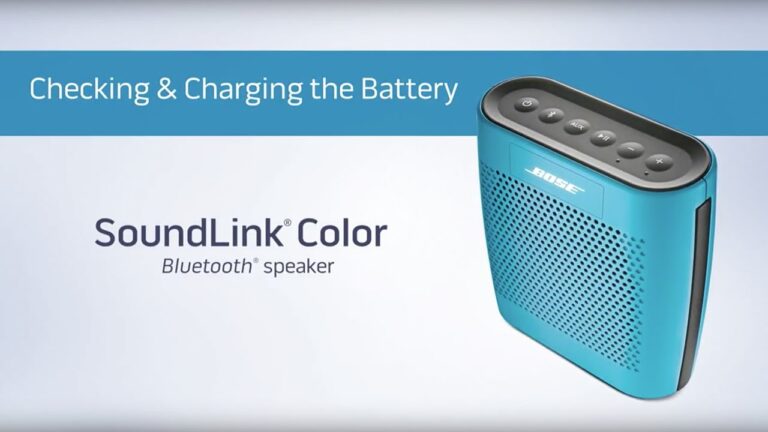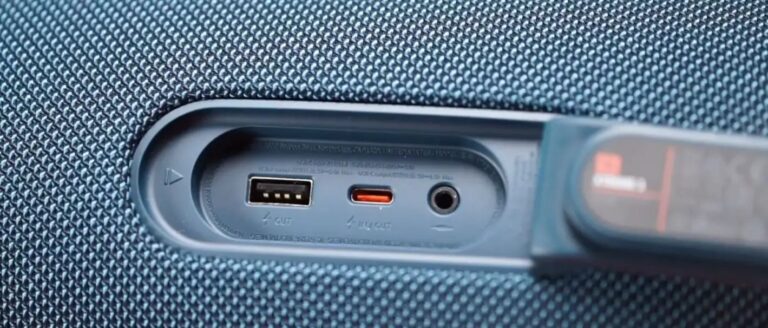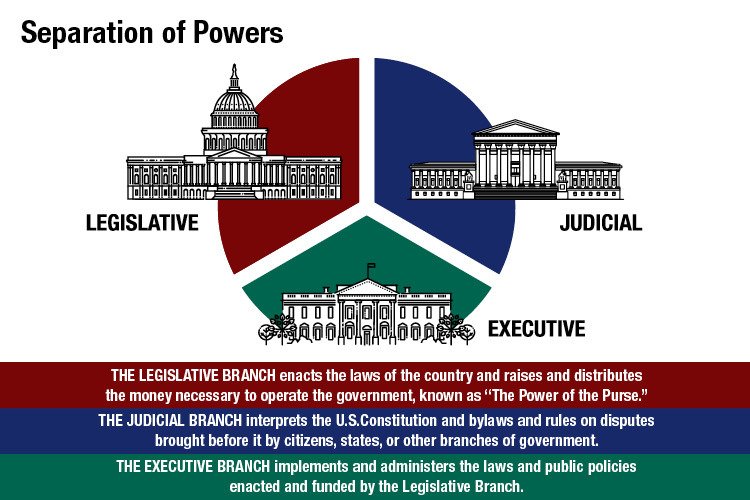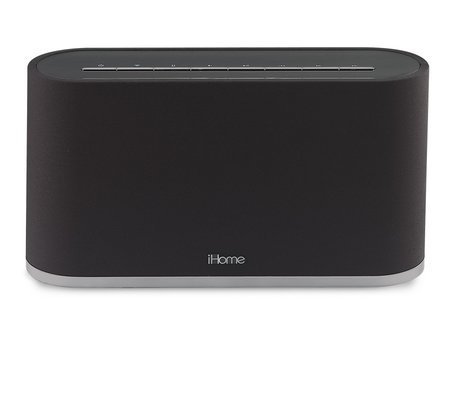Understanding Speaker Wire Capacities: How Many Watts Can 18 Gauge Handle?
If you’ve ever wondered just how much power your speaker wire can handle, you’re in the right place. So, how many watts can 18 gauge speaker wire handle? We’ve got the answer you’re looking for, without any unnecessary fluff or jargon. In this article, we’ll break it down for you, providing a clear understanding of the capabilities of 18 gauge speaker wire and ensuring you have the knowledge to make informed choices when setting up your audio system. Let’s dive in and unravel the mystery behind the power-handling capacity of 18 gauge speaker wire.
How Many Watts Can 18 Gauge Speaker Wire Handle?
When it comes to setting up a home audio system or a live sound setup, one crucial component that often gets overlooked is the speaker wire. The speaker wire you choose can significantly impact the performance and the overall sound quality of your speakers. In this article, we will delve into the world of speaker wires and focus specifically on 18 gauge speaker wire. We will explore its capabilities, limitations, and ultimately answer the question: how many watts can 18 gauge speaker wire handle?
Understanding Gauge and its Impact on Speaker Wire
To comprehend the capabilities of 18 gauge speaker wire, it is essential to understand what gauge means in the context of speaker wires. The gauge refers to the thickness or diameter of the wire. In general, a lower gauge number indicates a thicker wire, whereas a higher gauge number represents a thinner wire.
The gauge of a speaker wire affects its electrical resistance. Thicker wires have lower resistance, which means they can handle more current without significant power loss. Thinner wires, on the other hand, have higher resistance and are more prone to power loss.
Impedance and Power Handling Capacity
Before we dive into understanding the power handling capacity of 18 gauge speaker wire, let’s briefly discuss impedance. Impedance is the measure of opposition to the flow of an alternating current (AC) in a circuit. In speaker systems, impedance is measured in ohms (Ω).
The power handling capacity of a speaker wire depends on the impedance of the speakers. Most speakers have an impedance rating of either 4 ohms or 8 ohms. The lower the impedance, the more power the speaker demands from the amplifier to achieve the desired volume level.
Power Handling Capacity for 4 Ohm Speakers
When using 18 gauge speaker wire with 4 ohm speakers, its power handling capacity will be lower compared to higher gauge wires. 18 gauge wire is relatively thin and may struggle to handle high power levels without noticeable power loss. The general guideline for 18 gauge wire with 4 ohm speakers is:
- Short cable runs (under 25 feet): Up to 50 watts
- Medium cable runs (25-50 feet): Up to 25 watts
- Long cable runs (over 50 feet): Up to 15 watts
These estimates are approximate and can vary depending on factors such as the quality of the wire, the overall resistance of the system, and the specific brand or model of speakers and amplifier being used.
Power Handling Capacity for 8 Ohm Speakers
When using 18 gauge speaker wire with 8 ohm speakers, it can handle slightly higher power levels compared to 4 ohm speakers. The increased impedance allows the wire to carry more current. The general guideline for 18 gauge wire with 8 ohm speakers is:
- Short cable runs (under 25 feet): Up to 100 watts
- Medium cable runs (25-50 feet): Up to 50 watts
- Long cable runs (over 50 feet): Up to 30 watts
Again, it is important to note that these are approximate values, and actual power handling capacity can vary based on various factors.
Factors Affecting Power Handling Capacity
While the guidelines mentioned above provide a rough estimate of the power handling capacity of 18 gauge speaker wire, it is crucial to consider several factors that can affect its performance. These factors include:
Wire Length
The length of the speaker wire plays a significant role in determining its power handling capacity. As the length increases, the resistance of the wire also increases, resulting in higher power loss. Shorter cable runs can handle more power compared to longer cable runs.
Wire Quality
The quality of the speaker wire can impact its ability to handle power. Higher-quality wires with better construction and materials tend to have lower resistance, allowing them to handle higher power levels with minimal loss. Cheaper or lower-quality wires may not be able to handle the same power without significant power loss.
Amplifier Capabilities
The power output capabilities of the amplifier driving the speakers also play a crucial role in determining the power handling capacity of the wire. An amplifier that produces higher wattage output will require a speaker wire that can handle those power levels without significant power loss.
Speaker Sensitivity
The sensitivity rating of the speakers also affects the power requirements. Speakers with higher sensitivity ratings require less power to achieve a specific volume level. Lower sensitivity speakers may demand more power, which can impact the performance of the speaker wire.
Choosing the Right Gauge for Your Setup
While 18 gauge speaker wire can handle certain power levels, it is essential to consider your specific setup requirements. If you plan to use high-power amplifiers or have longer cable runs, it may be beneficial to consider thicker gauge wires such as 16 gauge or even 14 gauge. Thicker wires offer lower resistance and can handle higher power levels more effectively.
It is also worth noting that 18 gauge speaker wire is commonly used for shorter cable runs in home audio setups, where the power requirements are generally lower.
In conclusion, the power handling capacity of 18 gauge speaker wire depends on factors such as the impedance of the speakers, wire length, wire quality, amplifier capabilities, and speaker sensitivity. While 18 gauge wire can handle moderate power levels, it may struggle with higher power demands or longer cable runs. If you require higher power handling or need to cover longer distances, it is advisable to consider thicker gauge wires. Understanding these factors will help you make an informed decision when setting up your audio system and ensure optimal performance.
Frequently Asked Questions
What is the maximum wattage that 18 gauge speaker wire can handle?
18 gauge speaker wire can handle a maximum wattage of around 50-100 watts, depending on the length of the wire and the quality of the insulation.
Is 18 gauge speaker wire suitable for high-power audio systems?
While 18 gauge speaker wire can handle moderate wattages, it may not be sufficient for high-power audio systems. It is recommended to use thicker gauge wires, such as 14 gauge or lower, for optimal performance.
Can I use 18 gauge speaker wire for a home theater setup?
Yes, 18 gauge speaker wire can be used for a home theater setup, especially if the distance between the amplifier/receiver and the speakers is relatively short. However, for longer distances or if high-power output is required, consider upgrading to thicker gauge wire.
What happens if I exceed the maximum wattage capacity of 18 gauge speaker wire?
If the wattage exceeds the maximum capacity of 18 gauge speaker wire, it can result in overheating and potential damage to the wire or the connected audio equipment. This may lead to poor audio quality or even electrical hazards.
Can I use 18 gauge speaker wire for outdoor speakers?
Yes, 18 gauge speaker wire can be used for outdoor speakers, provided that it is properly protected from the elements and moisture. However, it is generally recommended to use a thicker gauge wire for outdoor installations to minimize signal loss over longer distances.
Should I consider upgrading to a thicker gauge wire for my speakers?
If you have high-power audio equipment or need to transmit audio signals over longer distances, it is advisable to upgrade to a thicker gauge wire, such as 14 gauge or lower. This will help minimize signal loss and ensure optimal audio performance.
Final Thoughts
The 18-gauge speaker wire has a maximum power handling capacity of around 100-150 watts. It is crucial to consider the wire’s gauge when connecting speakers to ensure optimal audio performance. Thicker wire gauges, such as 16 or 14, can handle more power without significant loss or damage. While 18-gauge speaker wire is suitable for most home audio setups and regular listening volumes, higher wattage demands may require thicker wire. It is essential to choose the appropriate gauge wire to prevent overheating, distortion, or potential damage to your speakers. When in doubt about the power requirements, consult a professional or refer to the manufacturer’s guidelines.






